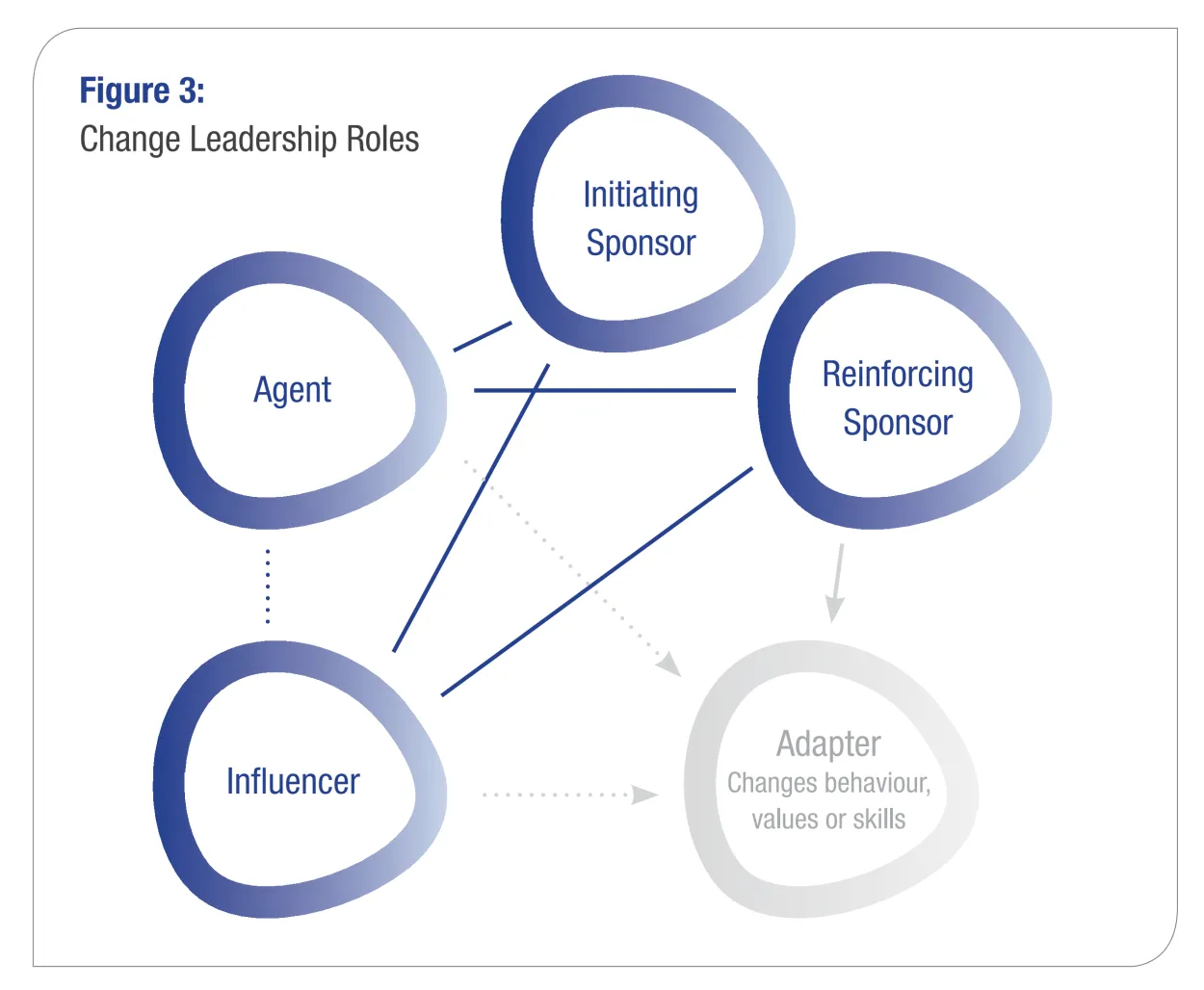In times of change, effective business leadership plays a crucial role in guiding organizations towards success. Strong leaders not only navigate uncertainties with agility but also inspire and support their teams to adapt and thrive. This article explores key strategies and qualities that contribute to effective business leadership in the face of change.
Adapting to Change and Embracing Innovation
Effective business leadership in times of change is crucial for the success and growth of any organization. In today’s fast-paced and ever-changing business landscape, leaders need to be adaptable and open to embracing innovation.
Change is inevitable, and to thrive in this dynamic environment, leaders must be willing to embrace and drive change within their organizations. They should encourage a culture of innovation, where new ideas are welcomed, and employees are empowered to think outside the box.
One key aspect of effective leadership during times of change is clear and transparent communication. Leaders should communicate the reasons behind the change, the vision for the future, and how it will impact the organization and its employees. This helps to alleviate uncertainty and build trust among employees.
Furthermore, leaders need to be flexible and agile in their decision-making process. They should be open to feedback, willing to make necessary adjustments, and quick to adapt to new circumstances. This enables the organization to stay ahead of the competition and seize opportunities arising from the change.
Another important aspect of effective leadership in times of change is the ability to motivate and inspire employees. Leaders should communicate a compelling vision of the future, highlighting the benefits that this change will bring to both the organization and its employees. By clearly articulating the purpose and value of the change, leaders can rally their teams and foster a unified and motivated workforce.
In conclusion, adapting to change and embracing innovation is essential for effective business leadership in times of change. By being adaptable, transparent, flexible, and motivational, leaders can guide their organizations through periods of change and ensure long-term success.
Communication Strategies for Promoting Change
Effective communication plays a crucial role in facilitating successful business leadership during times of change. It is essential for leaders to implement communication strategies that promote understanding, minimize resistance, and inspire employees to embrace change. Here are some effective communication strategies for promoting change:
-
Transparent and Timely Communication
Leaders should provide transparent information about the reasons behind the change and its impacts. Timely communication ensures that employees are updated and aware of the progress and expected outcomes.
-
Active Listening
Listening to employees’ concerns, feedback, and suggestions is crucial for fostering an open and inclusive environment. It helps leaders address potential issues and incorporate valuable insights into the change process.
-
Clear and Consistent Messages
Communicate change messages clearly and consistently to avoid confusion and rumors. Use multiple communication channels such as meetings, emails, and intranet to reach employees effectively.
-
Employee Engagement
Involving employees in the change process empowers them and creates a sense of ownership. Encourage participation through surveys, focus groups, or cross-functional teams to gather input and foster collaboration.
-
Effective Storytelling
Using storytelling techniques to communicate the vision and purpose of the change can inspire and motivate employees. Stories create an emotional connection and help individuals understand the context and embrace the change.
By implementing these communication strategies, leaders can effectively navigate their teams through change, minimize resistance, and drive successful outcomes.
Leading Teams Through Transitional Periods
Effective Business Leadership in Times of Change
Leading teams through transitional periods is a crucial skill for effective business leadership in times of change. When organizations undergo significant changes such as mergers, acquisitions, or restructuring, it is the leader’s responsibility to guide their team through the transition with clarity, empathy, and confidence.
One key aspect of leading teams through transitional periods is effective communication. Leaders need to clearly communicate the reasons behind the change, the objectives to be achieved, and the expected impact on the team and the organization. Transparent communication helps build trust and keeps everyone aligned, minimizing resistance and confusion.
Additionally, great leaders show empathy and understanding during times of change. They acknowledge the challenges and concerns faced by team members and offer support where necessary. By being approachable and open to listening, leaders create a safe environment for their team to discuss any anxieties or difficulties arising from the transitional period.
Another essential skill for leading teams through transitions is the ability to provide a clear vision and direction. Leaders must outline the desired outcome and break it down into actionable steps. By setting clear goals and expectations, leaders motivate their team and help them navigate through the uncertainty that change brings.
In times of change, leaders play a crucial role in managing resistance and fostering a positive mindset. They should address any concerns or complaints with empathy and patience, encouraging their team to embrace the change and see it as an opportunity for growth. By being a role model and displaying a positive attitude, leaders inspire their team to adapt and thrive in the transitional period.
In conclusion, effective business leadership in times of change requires leading teams through transitional periods with clarity, empathy, and confidence. By practicing transparent communication, showing empathy, providing a clear vision, and managing resistance, leaders can navigate their team successfully through the challenges brought by change.
Conclusion
Effective business leadership in times of change is crucial for the success and adaptability of an organization. A strong leader is able to navigate through uncertainties, inspire their team, and make tough decisions. By fostering a culture of openness, flexibility, and continuous improvement, leaders can effectively embrace and manage change to drive growth and innovation in their business.




